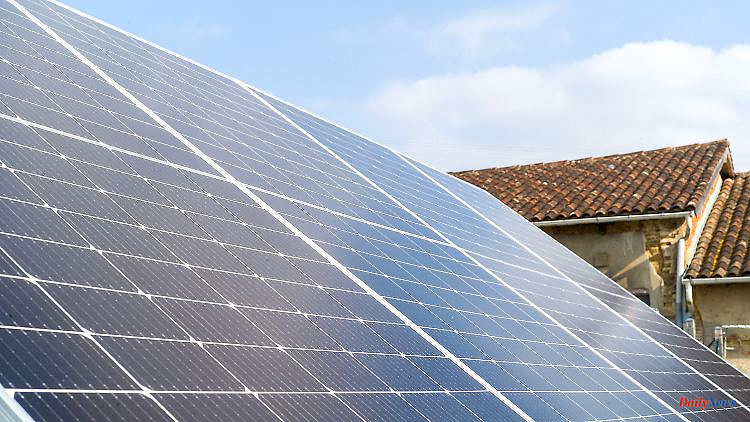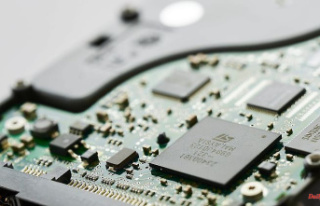When it comes to climate-friendly technology, the EU increasingly wants to do without imports. According to media reports, in order to strengthen its own market, the Commission is planning a law that sets targets for the production of heat pumps, batteries, wind and solar technology.
According to media reports, the EU Commission is planning quotas for self-sufficiency with green technologies in order to reduce dependence on third countries such as China. This was reported by the "Wirtschaftswoche" and the "Handelsblatt", citing plans by the Brussels authorities. According to this, the EU should produce 40 percent of its annual requirement for emission-free technologies itself from 2030, the "Wirtschaftswoche" wrote of "at least 40 percent".
In the production of batteries and wind technology, the share should even be at least 85 percent, reported the "Wirtschaftswoche", citing the draft for a "net zero industry law". A share of 60 percent is stipulated for heat pumps. For solar systems it is at least 40 percent.
"Should the Commission come to the conclusion that the Union is not achieving the targets or risks not achieving them, it will take further measures without delay to close the gaps," the draft law reads. The EU Commission wants to present this on March 14th.
"The Union is highly dependent on concentrated imports for certain net-zero technologies and their components," reported the "Handelsblatt" from a draft of the Commission's "Industrial Plan for the Green Deal". "Photovoltaic technologies and their components" from China are mentioned as an example. So far, the entire European demand has been partly covered by Chinese imports. When it comes to heat pumps and wind turbines, the Commission warns that Europe's position in global competition is deteriorating.
At the same time, the authority is urging the approval process to be accelerated. Strategically important energy projects, so-called net zero resilience projects, should in future be decided across Europe within one year if the planned output is more than one gigawatt, wrote the "Handelsblatt". Projects with a lower output should be approved within eight months.












